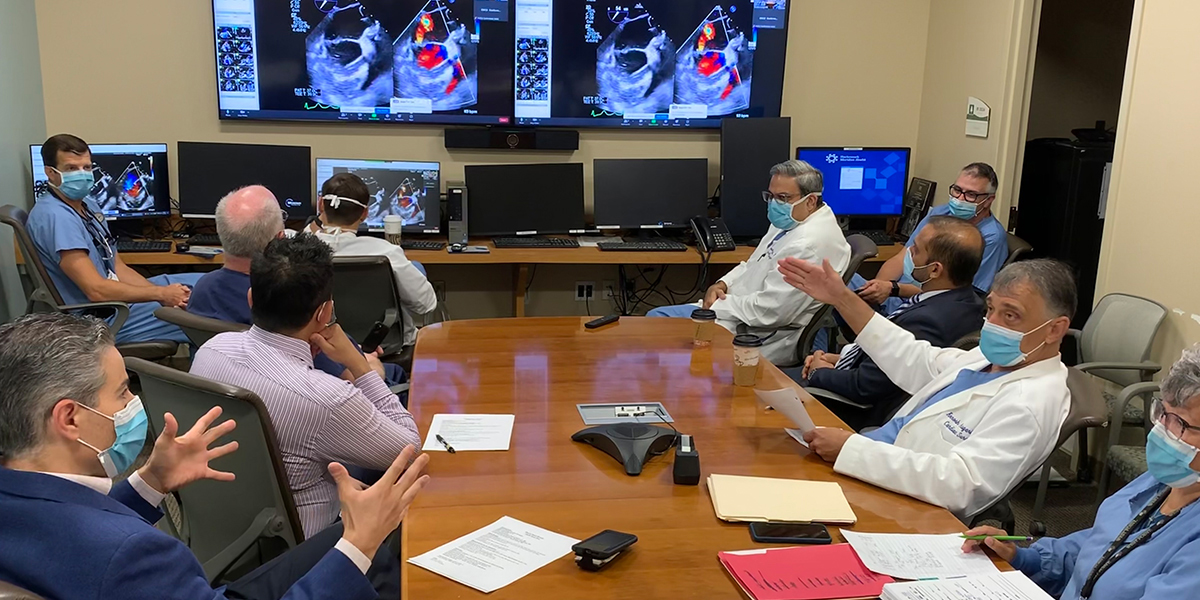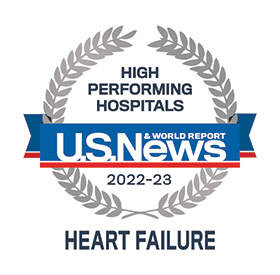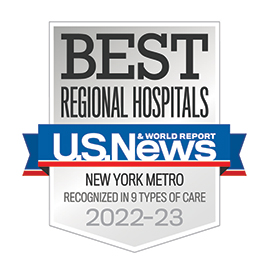Jersey Shore University Medical Center Physicians Name Top Heart Failure Developments
Physician thought leaders comment on game-changing device and drug treatments with significant HF patient outcome impact

The treatment options and prognosis for heart failure (HF) patients have improved vastly in the last several years due to new device and drug treatment options.
The following physician leaders in heart failure at Hackensack Meridian Jersey Shore University Medical Center, where many new cardiovascular treatments are evaluated in clinical trial, commented on some of the new HF field developments they are most excited about:
- Jesus Almendral, M.D., Medical Director, Advanced Heart Failure Center
- Matthew Saybolt, M.D., FACC, Medical Director, Structural Heart Disease Program
- Deepak Singh, M.D., FACC, Surgical Director, Advanced Heart Failure and Mechanical Circulatory Support
- Eric Costanzo, D.O., Medical Director of Critical Care
Here’s what this multidisciplinary team identified as the top HF advances.
Device innovations:
- Jersey Shore University Medical Center is participating in TAVR and transcatheter mitral repair trials, which open access to new aortic and mitral valve treatment options through catheterization rather than surgery.
- Advances in LVADs offer not just a bridge to transplant, but have advanced to where they offer an alternative to transplant.
- Jersey Shore University Medical Center is participating in a trial for a mitral clip, which offers patients with a leaky mitral valve a rapid-recovery alternative to traditional surgery.
- CardioMEMS HF System, with an implantable sensor that remotely monitors changes in pulmonary artery pressure, giving an early indicator of the onset of worsening HF.
- Optimizer Smart is in a clinical trial for effectiveness in HF patients with preserved EF.
- The Jersey Shore University Medical Center team has a great deal of experience with Barostim, small electrodes placed in near the carotid artery through a neck incision to stimulate the vagus nerve and relax blood vessels, which helps manage the adrenaline effects many HF patients experience. Barostim is now in a trial for HF patients with >40 EF.
- Optimizer Smart and Barostim devices are now indicated for Class 3 HF, which used to be a phase for which there weren’t good treatment options until a patient’s condition worsened.
- Two versions of the Impella pump are now in trial, with the option to implant via catheter through the groin or under the collarbone.
New drug therapies:
- SGLT2 inhibitors are now FDA approved for HF, and offer improvements in patients with both reduced and preserved EF.
Enhanced clinical practices:
- The Cardiogenic Shock Team formed at Jersey Shore University Medical Center can quickly assemble—sometimes by phone—seasoned experts for discussion of treatment options and determine the best course of care for an individual patient.
- Jersey Shore University Medical Center’s Structural Heart Team meets weekly to review challenging cases and incoming referrals.
- Physicians can now repair all heart valves minimally invasively, so candidates whose hearts are too weak for open-heart surgery can now receive valve repair or replacement.
- Development of a multidisciplinary Pulmonology Hypertension Clinic engaging fellows in pulmonology, nephrology, sleep medicine and cardiology in collaborative assessment and treatment of dyspnea in HF patients.
Learn more about innovations in heart and vascular treatments at Jersey Shore University Medical Center.

